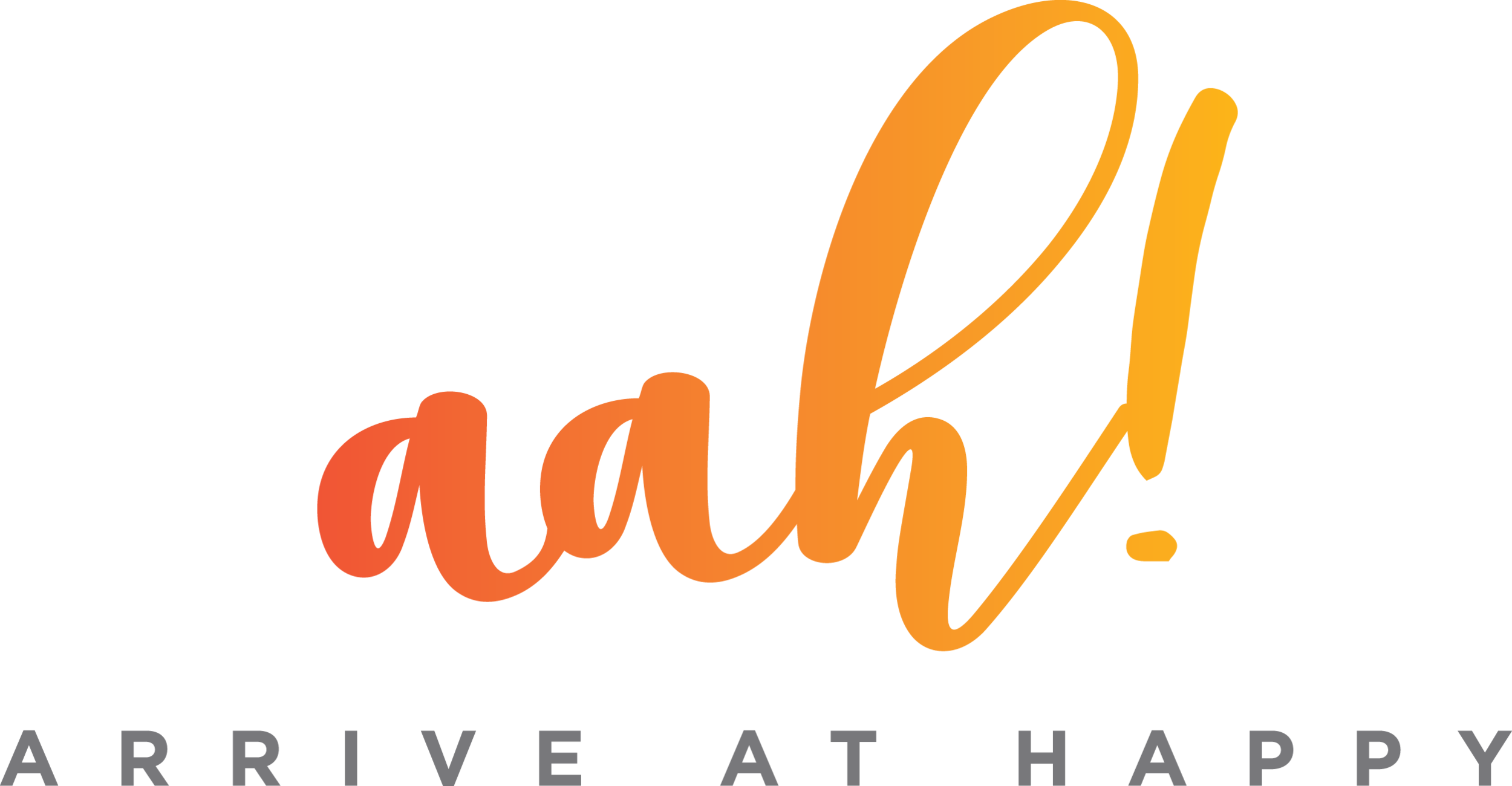How to Help Your Managers Consistently Manage Stress
7 Strategies to Help Your Managers Handle Consistent Stress
Are you concerned that your managers and leaders have a lot of consistent stress and do not know how to manage it? Are you worried they are spreading stressful energy to their team members and associates, making everyone else stressed around them? Whether feeling constantly busy or like you are juggling too many balls, consistent stress can negatively impact the workplace. According to Gallup, employee engagement and well-being remain low compared to pre-pandemic levels. In fact, 49% of workers experience consistent stress and feel they are not thriving nor engaged.
There are a lot of misconceptions about how you should effectively lead your managers when they are highly stressed consistently. The hustle culture is ineffective and leads to lower productivity and creativity, and high turnover rates of unhappy employees managing burnout. Below are straightforward strategies you can implement that help your leaders consistently manage themselves and their teams to avoid burnout.
7 Strategies to Help Your Managers
Talk to your leaders about the upside to stress. Stress is not just a negative. It improves cognitive functioning and motivation and can increase your immune system. The key is to have periods of rest or relaxation in between stressful situations.
According to neuroscience, how you perceive stress matters. Talk with your managers about how they perceive stress. It is crucial to how much consistent stress they manage.
· If your managers think stress is only harmful and all negative, it will negatively affect them more.
· If they perceive stress as a challenge and helpful to their life and career, it will be more beneficial.
Teach your team stress recovery tools. Micro ways to recover from stress are activities and choices completed in 10-minutes or less to recover from a stressful moment. Examples include meditation, walking outside, stretching, listening to music, talking with a coworker, watching something funny, or doing breathing work. Medium stress recovery tools are relaxing things that take 30-minutes to a few hours—for example, spending time out in nature, hanging out with your friends and family, engaging in hobbies, eating nutritious food, journaling, or reading.
Share when you are feeling stressed with them. Talk with your team and your peers about being open to expressing their feelings, especially when they are stressed. When talking with your team, be sure not to complain or demand change. You may be surprised by who may be willing to help you. The CEO of Microsoft recently said that when he is stressed, he tells his executive team.
Create an open environment, have this be a standard part of your workplace language, and encourage your team members to approach you when they feel stressed.
Encourage your team to regularly engage in calming activities outside of work, whether it is an affirmation practice, meditation, yoga, or any other calming technique. Express the importance of putting time away from technology, especially near bedtime, and share the benefits of a healthy bedtime routine. When you allow yourself to disconnect, you will wake up energized and calmer.
Remember to have fun with your team! PLARK means “play at work”. Help increase creativity and play at work. Try and decrease how stressed everyone feels with some play and laughter. Work with our team to bring down the seriousness level, increase play, and balance out the stress that everyone's feeling. Let people exhale, laugh, and connect.
Reframe the word, Stressed, with Stretched. Your words matter, and they can positively and negatively impact the workplace. What do you think would happen if you changed the word "stressed" to "stretched?" Changing your language and reframing it makes it feel more optimistic. Talk your team about being stretched, becoming wiser and stronger, and that you know they are resilient.
Training your team how to manage stress and workplace demands will increase morale and your organization's happiness. Remember, happy leaders are successful leaders! If you would like to learn more strategies for improving your team's productivity and well-being, contact me today!
Arrive At Happy's mission is to inspire transformation through the science of happiness. Tia Graham, founder, partners with organizations and individuals to increase their daily happiness and success in all areas of their lives. Relying on science-backed empirical data, she has gained the insight needed to prove and teach that happiness indeed leads to success.
Tia has a Certificate in Happiness Studies and a Certificate in Teaching Happiness from Harvard's Tal Ben-Shahar and The Happiness Studies Academy. She is a Certified Chief Happiness Officer from Woohoo Inc., Europe's premier Happiness at Work organization.
